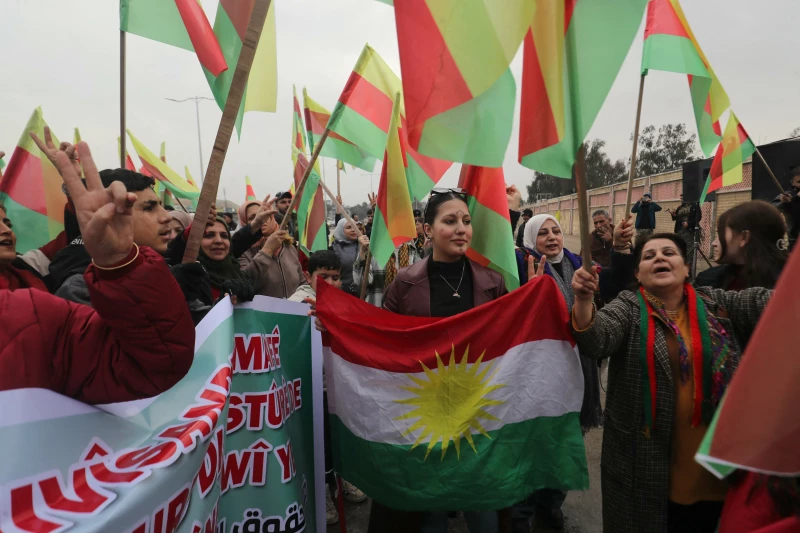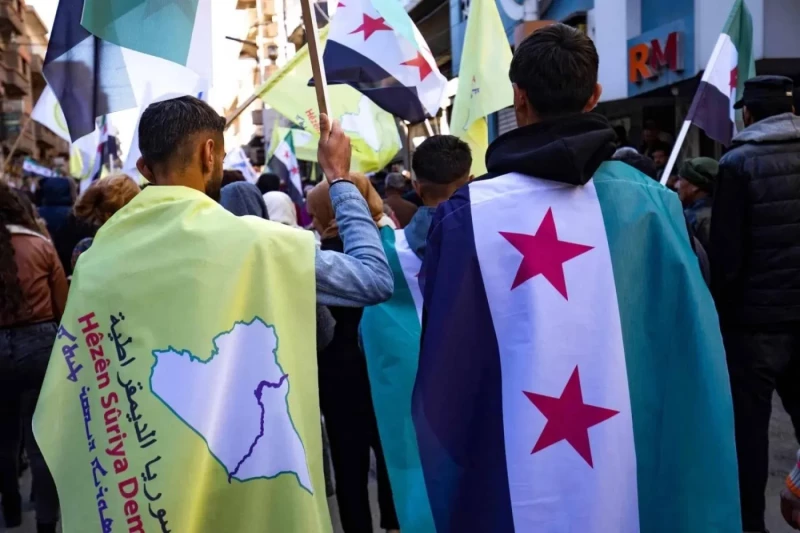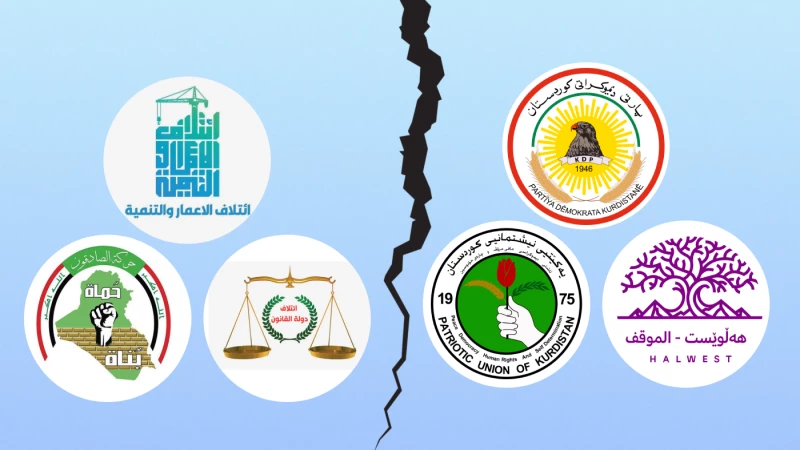The fall of Bashar al-Assad’s regime on December 8 was a bittersweet moment for Syria’s Kurds, marking the end of a dictatorship and an uneasy equilibrium that had defined their survival since the Syrian uprising began in 2011. Kurds harbored no affection for the toppled regime, having endured systematic oppression under the Assad family's rule. Tens of thousands were stripped of Syrian citizenship, Kurdish areas subjected to forced demographic changes, and their language and culture suppressed through official state policy.
The US-backed Syrian Democratic Forces (SDF), the backbone of Kurdish self-rule in northeast Syria, now faces a grim reality: The collapse of the order that once allowed them to navigate the volatile alliances of a devastating civil and proxy war. With Assad’s fall and shifting regional dynamics, Syria’s Kurds find themselves cornered, and their hard-won gains imperiled. The question remains: can the SDF and Syrian Kurds more broadly chart a path forward in this uncertain chapter of Syrian history?
The SDF and Syrian Kurds face a critical juncture. The new Sunni Arab rulers of Syria, represented by Hay’at Tahrir al-Sham (HTS) - an Islamist group led by Ahmed al-Sharaa, also known as Abu Mohammed al-Jolani, who claims to have severed ties with al-Qaeda -are unlikely to accept the SDF’s current territorial control. Meanwhile, Turkey continues amassing troops along the border, testing Kurdish defenses via its Syrian National Army (SNA) militias. US-brokered ceasefires reached between the two sides have proven fragile.
The SDF still maintains control over much of northeast Syria, but Turkey appears intent on exploiting the distraction of a lame-duck administration in Washington and the holiday lull in Western capitals to impose a new fait accompli in northeast Syria by seizing SDF-held towns, one at a time. Ankara’s strategy is focused on Kurdish-majority areas, banking on Arab-majority regions defecting from the SDF either during or after Kurdish areas fall. Early signs of such defections are already visible in Deir ez-Zor and Raqqah provinces.
All this means, as undesirable as it may sound to the SDF or Kurds in general, the future of the Syrian Kurds at large depends on Turkish policy and actions. On Monday, Turkish President Recep Tayyip Erdogan reiterated that “the PKK and its extensions” must be dissolved or “will be eliminated” in reference to the SDF, which Ankara considers the Kurdistan Workers’ Party (PKK) wing in Syria. Aware of Turkish concerns, SDF Commander General Mazloum Abdi said days earlier that PKK elements will leave Syria if a truce is reached with Turkey.
Aware of the immense risks Turkey poses to the SDF and its affiliated administration, US and French delegations have been actively working to foster an understanding between the Kurds and Turkey, while also promoting unity between the two major factions of the Syrian Kurdish political scene. To ease Turkish concerns, the SDF could demonstrate greater flexibility by agreeing to a power-sharing arrangement with the Syrian Kurdish National Council (ENKS), given the SDF's dominant control on the ground. ENKS, the other major Kurdish group in Syria, has its own armed wing, the Roj Peshmerga, supported by the Kurdistan Democratic Party (KDP) in Iraq.
Turkey maintains working relations with ENKS, though this does not guarantee that ENKS’s inclusion in northeast Syria’s administration and armed forces will resolve the conflict with Ankara. If PKK elements were to leave northeast Syria and ENKS, along with the Roj Peshmerga, were effectively integrated into northeast Syria's (Rojava) administration and armed forces, it would put Turkey’s claims to the test - specifically, its assertion that its opposition is not to Kurds but to the PKK and its affiliates.
Syrian Kurds remain rightfully wary of Turkish intentions. The ideal outcome for Kurds would be for Turkey to halt attacks on Kurdish areas, withdraw from northern Syria, and allow Kurds displaced by its military operations and affiliated militias to return to their homes in places such as Afrin and other parts of northern Syria. They also hope Ankara would tolerate some form of Kurdish autonomy in northern Syria and establish economic ties, similar to its imperfect but functional relationship with Iraqi Kurdistan.
However, achieving this scenario hinges on the SDF and ENKS recognizing the untenability of the current situation and prioritizing an internal agreement. Such a deal would align with US and French objectives and likely bolster their advocacy for Kurds with Turkey and the future government in Damascus. This is important given that HTS leaders have overall sent mixed messages regarding the status of Kurds in future Syria. Building a broader Syrian Kurdish coalition could help improve relations with Damascus, Ankara, and Iraqi Kurdistan, which controls northeast Syria’s only operational border crossing.
The Kurdistan Region of Iraq’s role and position are crucial in this context, mandating a unified stance on Rojava and the evolving situation in Syria. The KDP leadership has welcomed positive remarks from Syria's de facto ruler, Sharaa, who vowed, “no more injustice from today on our Kurdish people." Meanwhile, the Patriotic Union of Kurdistan (PUK), often at odds with the KDP these days, has voiced support for the SDF’s stance, partially driven by its rivalry with the KDP.
Based on Iraqi Kurdish statements over the years, it is clear that Kurds across the political spectrum view the potential dismantlement of the Rojava administration as a significant threat. Such a development would not only represent a strategic and psychological blow to the broader Kurdish struggle for self-rule but would also create a new set of challenges. It would position the Kurdistan Region as neighbors to Syrian Islamist groups, some of which include hardline elements with past or possibly ongoing ties to al-Qaeda and the Islamic State (ISIS), potentially heightening security threats. Additionally, it would intensify Turkish pressure on Iraqi Kurdistan and weaken the overall Kurdish position in the broader geopolitical landscape. Given these dynamics and reflecting on popular sentiment, Kurds across the region expect leaders in the Kurdistan Region and other Kurdish regions to take a more proactive and impartial stance, prioritizing collective Kurdish interests over partisan agendas.
The views expressed in this article are those of the writer and do not necessarily represent the position of The New Region

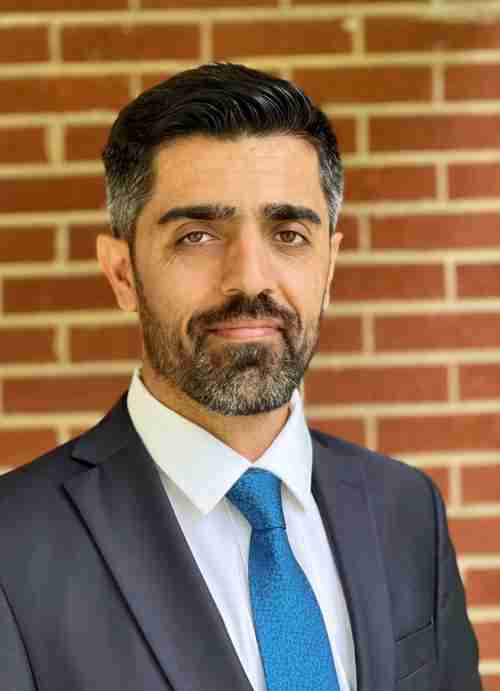
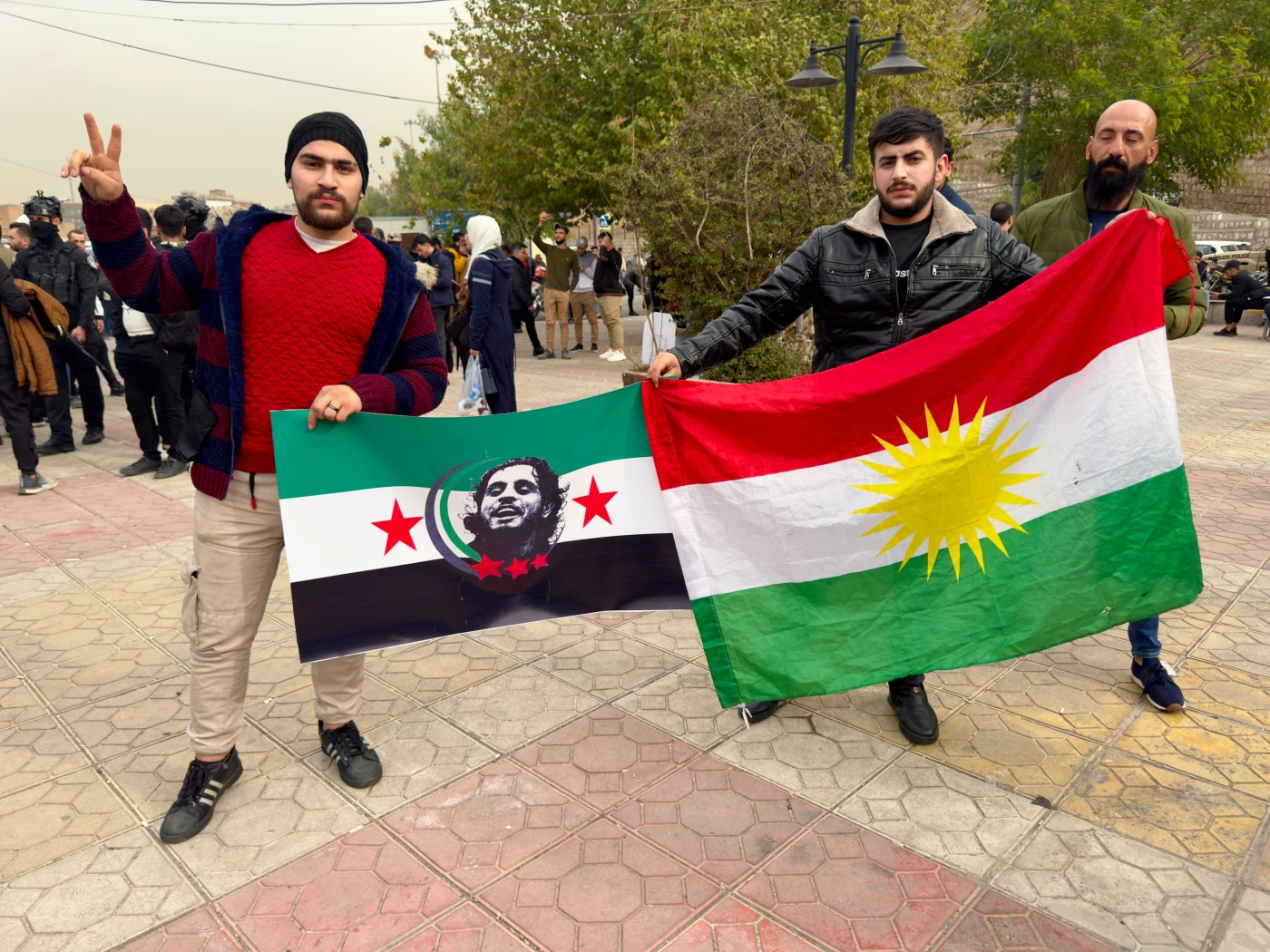
 Facebook
Facebook
 LinkedIn
LinkedIn
 Telegram
Telegram
 X
X
